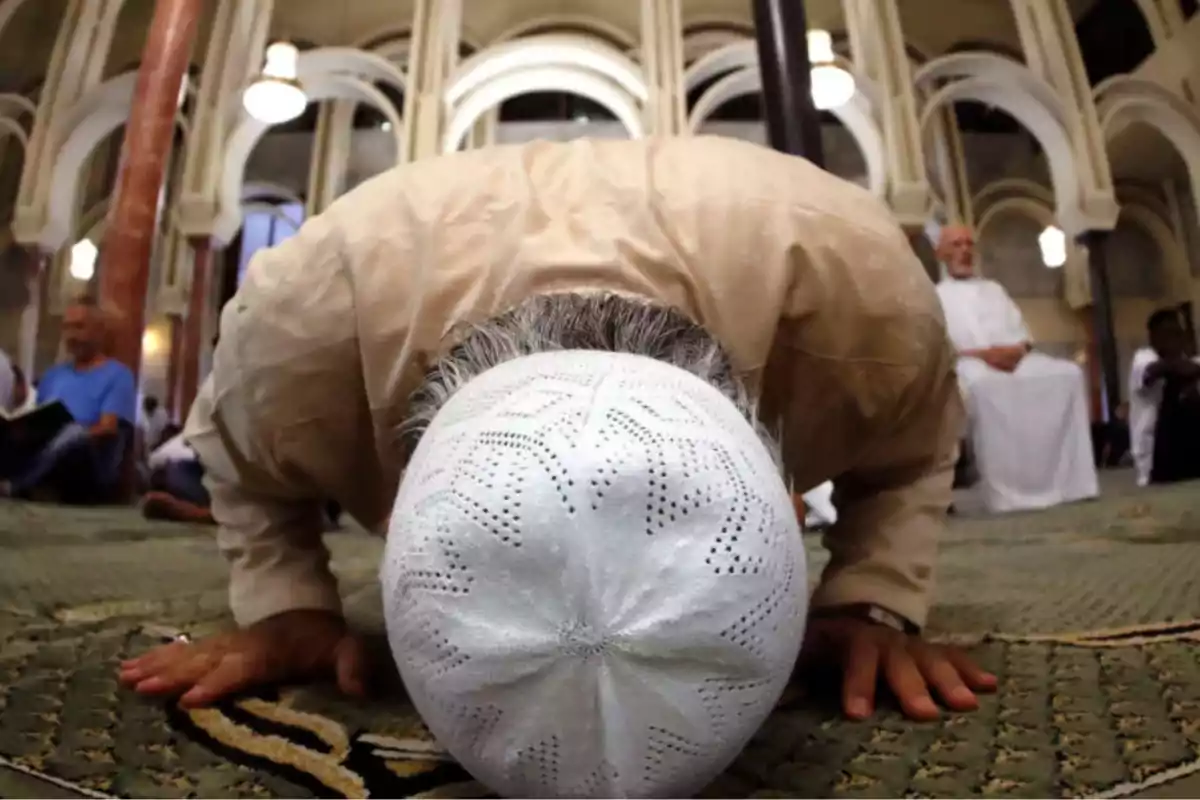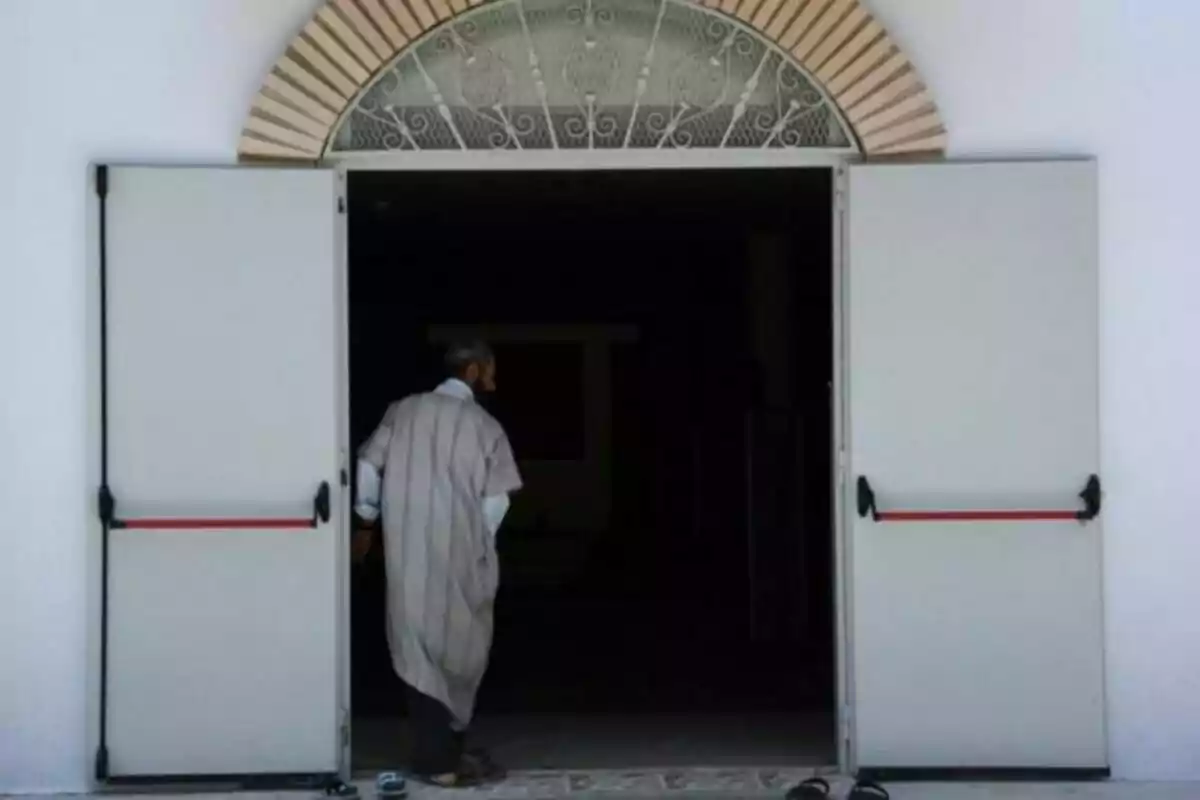
Catalonia has a problem with radical imams: no census and 3 expelled in 2025
Authorities do not know the exact number of Islamic centers or how many religious leaders there are
The attacks on La Rambla and Cambrils in 2017 triggered all the alarms regarding the threat of jihadism in Catalonia. Some had been warning for years about an increase in the radicalization of Islam, but they only received contempt, marginalization, and insults. Now, the region is facing a new surge of Islamism that has mosques as one of its main centers of propagation.

After the 2017 attacks, the initiative to create an official registry of mosques emerged, which ultimately came to nothing. The Islamic Commission of Spain committed to drawing up a census that, however, to this day, doesn't exist in any community. Not even in Catalonia, even though, according to the police, one out of every three mosques is taken over by Salafism.
The absence of an official registry prevents thorough control of places of worship susceptible to radicalization. For example, according to The Objective, there are 326 mosques registered in Catalonia (326), but not all of them are officially recorded. One of these is the one in Figueras, whose imam was expelled last February for spreading radical messages.
Another is the one in La Junquera, whose religious leader was also deported in 2025 for posing a threat to national security. The latest expulsion was on July 1. The National Police arrested and expelled to Morocco an imam from Olot who preached the niqab for women and the superiority of Islamic law over Spanish laws.
Radical messages to the faithful
These arrests are part of a rise in jihadist activity following the escalation of war in the Middle East. The Islamist threat is being neutralized by intense activity from Spanish and Catalan police and intelligence services. But the absence of an official registry of mosques and religious leaders complicates their work.
Spiritual leaders and places of worship of any religion can register in the Registry of Religious Entities, but they aren't required to do so. In Catalonia, authorities don't even know how many mosques there are or exactly how many imams.
This is concerning because in Islam, more than in any other religion, the imam plays an essential role as the leader of the community. Catalonia is home to the largest Muslim community in all of Spain, with more than 660,000 people (660,000) representing 8.2% of the population. In the last two decades, there has been a strong penetration of the most radical currents of Islam, such as Salafism.

These currents profess that Islamic law is superior to the Spanish legal system, and that women are inferior beings. They consider non-Muslims to be infidels and legitimize violent methods for holy war. From there to jihadist terrorism, there is only one step.
Debate about mosques and imams
The police, who have increased anti-terrorist activity in the last two years, keep active surveillance over mosques and their imams. The debate about the need for an official registry, which faded in 2017 due to the Procés crisis, is now resurfacing strongly.
Despite the seriousness of the situation, Junts MP Agustí Colomines recently proposed Catalan language courses for radical imams. This is a dramatic example of how well-meaning attitudes have contributed to the rise of radical Islamism in Catalonia.
Parties such as Vox and Aliança Catalana have brought to Parliament the challenge of Islam as a religion incompatible with Western values. They have brought to public attention debates such as the Islamic veil, genital mutilation, or forced marriages. The arrest of three imams in 2025 now raises the need for a new debate about mosques and their religious leaders.
More posts: